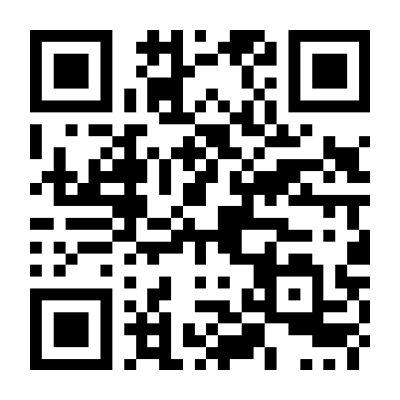单选题
2分
Text 2 Whatever happened to the death of newspaper? A year ago the end seemed near.The recession th...
Text 2
Whatever happened to the death of newspaper? A year ago the end seemed near.The recession threatened to remove the advertising and readers that had not already fled to the Internet.Newspapers like the San Francisco Chronicle were chronicling their own doom.America's Federal Trade Commission launched a round of talks about how to save newspapers.Should they become charitable corporations? Should the state subsidize them? It will hold another meeting soon.But the discussions now seem out of date.
In much of the world there is little sign of crisis.German and Brazilian papers have shrugged off the recession.Even American newspapers, which inhabit the most troubled corner of the global industry, have not only survived but often returned to profit.Not the 20% profit margins that were routine a few years ago, but profit all the same.
It has not been much fun.Many papers stayed afloat by pushing journalists overboard.The American Society of News Editors reckons that 13, 500 newsroom jobs have gone since 2007.Readers are paying more for slimmer products.Some papers even had the nerve to refuse delivery to distant suburbs.Yet these desperate measures have proved the right ones and, sadly for many journalists, they can be pushed further.
Newspapers are becoming more balanced businesses, with a healthier mix of revenues from readers and advertisers.American papers have long been highly unusual in their reliance on ads.Fully 87% of their revenues came from advertising in 2008, according to the Organization for Economic Cooperation & Development (OECD) .In Japan the proportion is 35%.Not surprisingly, Japanese newspapers are much more stable.
The whirlwind that swept through newsrooms harmed everybody, but much of the damage has been concentrated in areas where newspapers are least distinctive.Car and film reviewers have gone.So have science and general business reporters.Foreign bureaus have been savagely cut off.Newspapers are less complete as a result.But completeness is no longer a virtue in the newspaper business.
26.By saying “Newspapers like…their own doom” (Lines 23, Para.1), the author indicates that newspapers .
Whatever happened to the death of newspaper? A year ago the end seemed near.The recession threatened to remove the advertising and readers that had not already fled to the Internet.Newspapers like the San Francisco Chronicle were chronicling their own doom.America's Federal Trade Commission launched a round of talks about how to save newspapers.Should they become charitable corporations? Should the state subsidize them? It will hold another meeting soon.But the discussions now seem out of date.
In much of the world there is little sign of crisis.German and Brazilian papers have shrugged off the recession.Even American newspapers, which inhabit the most troubled corner of the global industry, have not only survived but often returned to profit.Not the 20% profit margins that were routine a few years ago, but profit all the same.
It has not been much fun.Many papers stayed afloat by pushing journalists overboard.The American Society of News Editors reckons that 13, 500 newsroom jobs have gone since 2007.Readers are paying more for slimmer products.Some papers even had the nerve to refuse delivery to distant suburbs.Yet these desperate measures have proved the right ones and, sadly for many journalists, they can be pushed further.
Newspapers are becoming more balanced businesses, with a healthier mix of revenues from readers and advertisers.American papers have long been highly unusual in their reliance on ads.Fully 87% of their revenues came from advertising in 2008, according to the Organization for Economic Cooperation & Development (OECD) .In Japan the proportion is 35%.Not surprisingly, Japanese newspapers are much more stable.
The whirlwind that swept through newsrooms harmed everybody, but much of the damage has been concentrated in areas where newspapers are least distinctive.Car and film reviewers have gone.So have science and general business reporters.Foreign bureaus have been savagely cut off.Newspapers are less complete as a result.But completeness is no longer a virtue in the newspaper business.
26.By saying “Newspapers like…their own doom” (Lines 23, Para.1), the author indicates that newspapers .
参考答案: D
参考解析: 推理题
【命题思路】这是一道封闭式推理题,需要根据题干锁定文章的具体信息,从而推理出答案。
【直击答案】根据题干定位到首段第四句:“Newspapers like the San Francisco Chronicle …doom.”这句话用了 比喻义,报业为自己的命运编年纪事也就说美国报业不景气,通过这句话,我们可知美国报业处于危急之中, 因此 D 项正确。
【干扰排除】原文中并未提及报业忽视对危机的信号反应,故 A 项属于无中生有。B 项在首段倒数第三句提及, 但只是讨论“国家要不要资助报业”而非“美国报业未能得到资助”,故不选。C 项“不是慈善公司”根据原 文也无法直接得出,属于过度推理。

 百度扫一扫练题
百度扫一扫练题
 关注千题库公众号
关注千题库公众号








